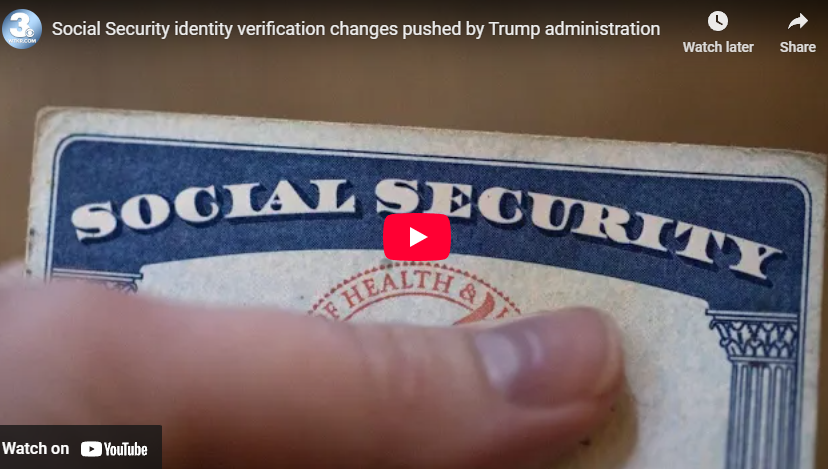Penn Medicine has received a significant $23.7 million award. The Pennsylvania Department of Community & Economic Development’s Ben Franklin Technology Development Authority, known as PennAITech, provided the funding. This money will support research on artificial intelligence (AI) solutions. The goal is to improve care for older adults.
Specifically, the initiative will focus on developing AI-driven technologies. These technologies will address challenges faced by aging populations. They will include better diagnostic tools. Personalized treatment plans are also a priority. Additionally, enhanced monitoring systems will be developed. These systems can help older adults maintain independence and well-being.
Furthermore, AI algorithms will analyze medical data. They will identify patterns and predict health risks. This proactive approach can lead to earlier interventions. Chronic conditions, common among older adults, can be managed more effectively. Moreover, AI-powered assistive technologies will be explored. These technologies will help individuals with mobility and cognitive impairments. Thus, they will enable more fulfilling lives.
Consequently, the implications of this research are profound. For those now navigating aging, this initiative offers a glimpse into the future. Technology will play a crucial role in maintaining health. As this demographic confronts aging, AI-driven solutions are compelling. Proactive health management is key. Technology that supports independent living resonates deeply.
This investment shows the growing need for innovative solutions. These solutions will address the challenges of an aging population. By harnessing AI, Penn Medicine aims to set a new standard for elder care. Older adults will receive the support they need to thrive.
In essence, the PennAITech initiative is about improving lives. It demonstrates AI’s potential to revolutionize healthcare. As research progresses, we can expect more AI-driven solutions. These solutions will empower individuals to age gracefully.










